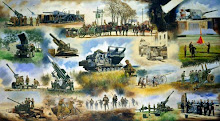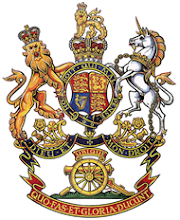With so many men in the armed forces, and many
women already employed in making munitions, there was a shortage of labour.
Belgium possessed many skilled armament workers and an approach was made to the
Belgium government for assistance. The Belgian’s were able to provide the
workers from wounded soldiers who were often unfit for front line service but
still capable of using their skills in the factories. Many were also refuges as their homes were in German occupied Belgium.
One of the
challenges was the men in the main could not understand English, and their
working practices were different, so
there would be problems integrating them into the factories. It was decided
that the Belgians would work together and Birtley was chosen as the location.
The factories would be controlled by a Belgian management team.
Production started late in
1915 increasing to full production in the spring of 1916. Initially several
hundred men were employed, rising to 3,500.
 |
| Birtley National Projectile Factory |
To house the Belgians a new
town was created, and named after the Belgian Queen, so Elisabethville was
born. The streets had Belgian names and a local stream renamed the Yser.
.jpg) |
| Elizabethville Map |
 |
| Elizabethville Ariel Photograph |
The community had their own schools, hospitals, shops and recreational
facilities. Accommodation was in wooden huts, barrack rooms for the single men or
houses for married men.
There was even a British post office staffed by Belgian postal workers.
When the war ended in November 1918 the requirement for munitions diminished. Most munitions factories that were built in 1916 were closed, Birtley remained open and became a Royal Ordnance Factory.
With German defeated the Belgians were able to return home and Elizabethville was dismantled. the last Belgians left Elizabethville 27th May 1919.
 |
| Belgians returning home at Birtley Station |
Elizabethville Then and Now
| Outside the 3Tuns |
| 3 Tunns Public House |
| Boulevard Prince Leopold |
| Church Area ''L Eglise' |
| Belgian Cemetery |
| Elizabeth Avenue to day |


































